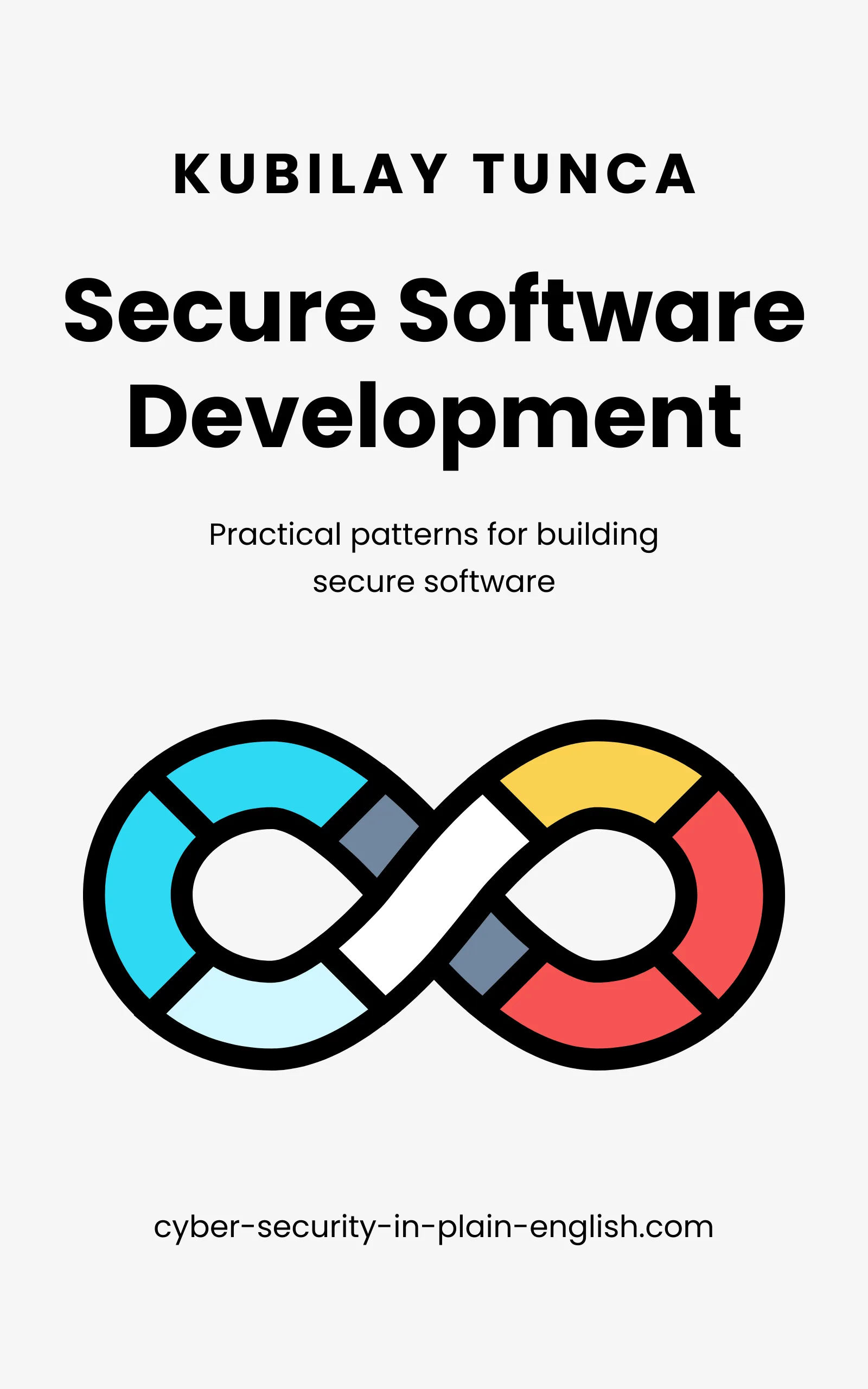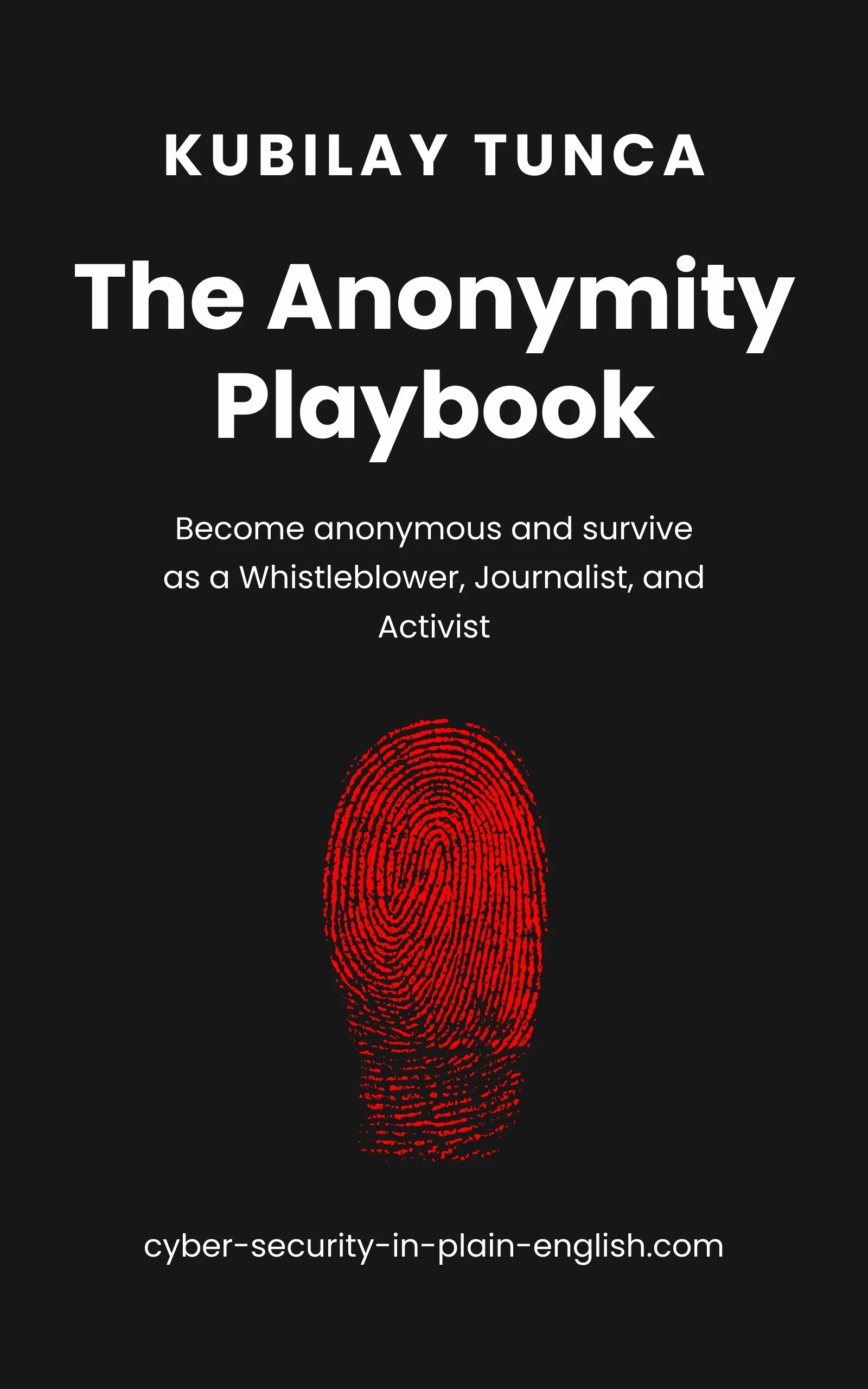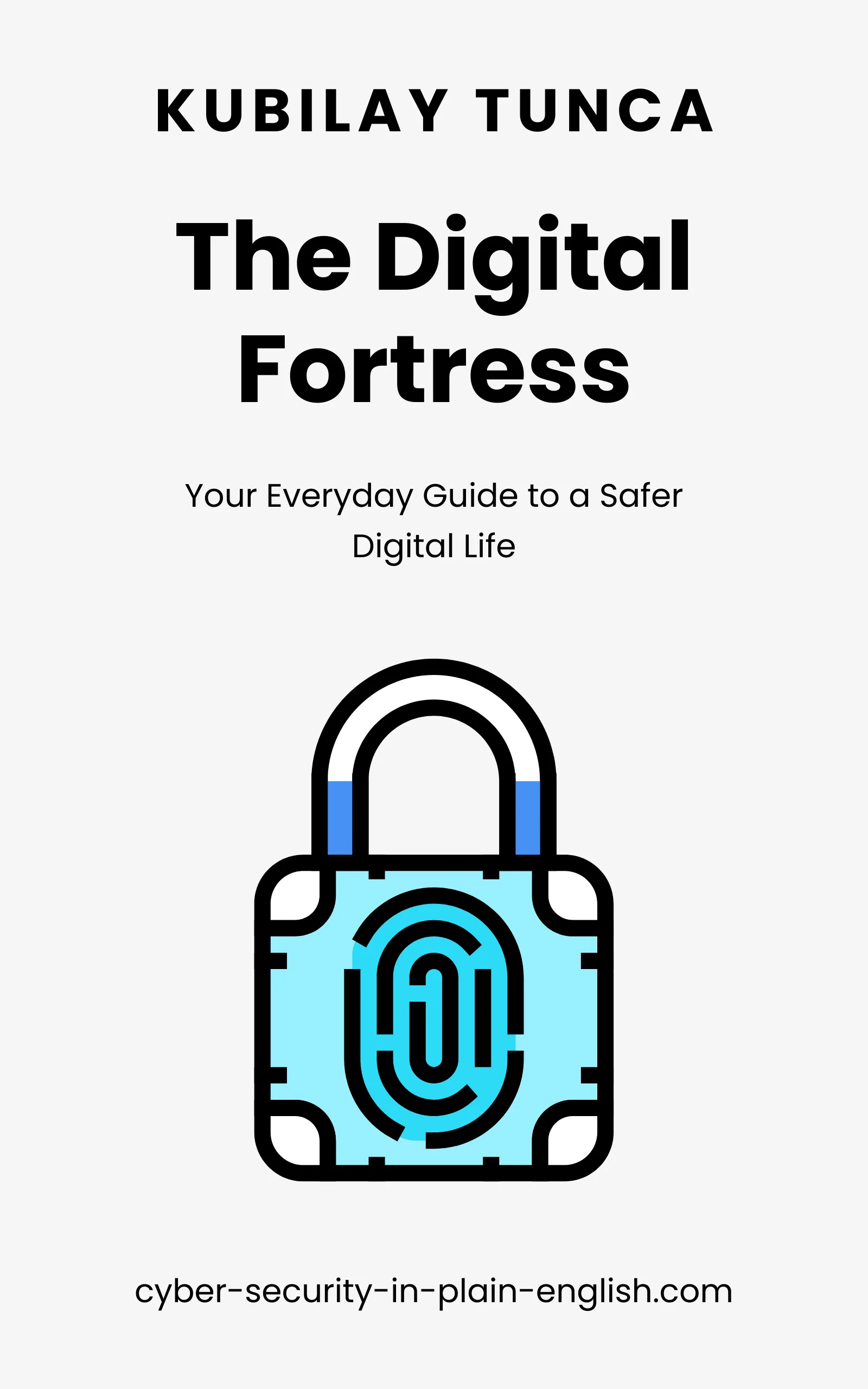Published
- 5 min read
How to Stay Anonymous While Using Social Media

How to Write, Ship, and Maintain Code Without Shipping Vulnerabilities
A hands-on security guide for developers and IT professionals who ship real software. Build, deploy, and maintain secure systems without slowing down or drowning in theory.
Buy the book now
Practical Digital Survival for Whistleblowers, Journalists, and Activists
A practical guide to digital anonymity for people who can’t afford to be identified. Designed for whistleblowers, journalists, and activists operating under real-world risk.
Buy the book now
The Digital Fortress: How to Stay Safe Online
A simple, no-jargon guide to protecting your digital life from everyday threats. Learn how to secure your accounts, devices, and privacy with practical steps anyone can follow.
Buy the book nowHow to Stay Anonymous While Using Social Media
Introduction
Social media is a space for connecting, sharing, and discovering, but it also presents significant privacy risks. Your posts, profile information, and even browsing habits can be used to track you, build detailed profiles, and even expose your private life to unwanted attention. If you value privacy, learning how to stay anonymous while using social media is crucial. This article explains effective ways to protect your identity, limit exposure, and enjoy social media more safely.
Why Anonymity on Social Media Matters
Many people think that staying anonymous on social media is difficult or unnecessary, but protecting your identity is more important than ever. Here are a few reasons why anonymity matters:
- Privacy Control: Keeping your identity private allows you to control who sees your information, reducing the risk of identity theft or data misuse.
- Preventing Targeted Advertising: Advertisers use your social media activity to create profiles that target you with specific ads. Staying anonymous helps limit the amount of personal data available for ad targeting.
- Avoiding Unwanted Attention: Sharing less personal information can help you avoid unwanted contact, harassment, or even impersonation.
By staying anonymous, you keep more control over your information and decide what you’re comfortable sharing.
Tips for Staying Anonymous on Social Media
1. Use an Alias or Pseudonym
The simplest way to stay anonymous on social media is to avoid using your real name. Choose a pseudonym that isn’t connected to your real identity. Many social media platforms don’t require your legal name unless you’re using them for professional purposes. By using an alias, you keep your real name private while still being able to interact and share online.
2. Limit Personal Information in Your Profile
Avoid filling in unnecessary details on your profile. Information like your birthday, home city, workplace, and relationship status can reveal a lot about you. Keep your profile details minimal, and only share information that’s relevant to your purpose on the platform.
Additionally, consider using a profile picture that doesn’t reveal your face. Using a general image or an avatar helps keep your identity more private.
3. Review Privacy Settings Regularly
Social media platforms frequently update their privacy policies, so it’s a good idea to review your privacy settings regularly. Most platforms offer options to control who can see your posts, who can send you messages, and even who can search for you by email or phone number.
Enable the highest privacy settings possible, such as restricting your posts to “Friends Only” or limiting who can see your friend list. These settings give you more control over who can access your profile and information.
4. Avoid Location Tags and Check-Ins
Posting your location can reveal more about your habits and routines than you might realize. Avoid tagging your location in posts or checking in to specific places. If you want to share photos or posts from a particular event, consider posting them later when you’re no longer there. This prevents anyone from knowing your real-time location, which can be a crucial safety measure.
5. Be Cautious with Third-Party Apps
Many social media platforms allow third-party apps, like games or quizzes, to access your account. However, these apps often require extensive permissions and can collect data from your profile. To stay anonymous, limit the apps connected to your account and avoid granting unnecessary permissions. If you’ve previously authorized apps, check your settings and remove any that you don’t use or trust.
6. Avoid Linking Social Media Accounts
Linking accounts (like connecting your Facebook and Instagram profiles) makes it easier for people to find you across multiple platforms. For greater anonymity, avoid linking accounts and use separate usernames for each platform. This keeps your profiles more distinct, making it harder for others to track you across social media.
7. Use Encrypted Messaging Apps for Private Communication
If you need to communicate privately, consider using encrypted messaging apps like Signal or Telegram. These apps offer end-to-end encryption, meaning only you and the recipient can read the messages. This is a better option for private conversations than social media messaging, which is often less secure.
Additionally, avoid discussing highly personal topics on social media messaging apps if you’re aiming for privacy.
8. Disable Activity Status
Many social media platforms show when you’re active or online, which can reveal your browsing habits to others. For example, Instagram and Facebook both show a green dot next to your name when you’re online. Disabling your activity status hides this information, allowing you to browse without others knowing when you’re online.
Tools to Enhance Social Media Privacy
While general privacy practices help, certain tools can add an extra layer of protection:
- Browser Extensions for Privacy: Extensions like Privacy Badger and uBlock Origin help block trackers and ads, making it harder for social media platforms and advertisers to follow your online activity.
- VPN (Virtual Private Network): A VPN masks your IP address and encrypts your internet connection, making it harder for others to track your location or identity. This is especially useful if you access social media from public networks.
- Temporary Email Addresses: When creating new accounts, use temporary or “burner” email addresses from services like ProtonMail or Mailinator. This keeps your primary email address private and reduces spam.
Balancing Anonymity and Interaction
It’s possible to maintain anonymity while still enjoying social media. Focus on sharing non-identifiable content, like general observations or interests, instead of personal updates. By doing this, you can still interact with others without revealing details about your private life. If you want to connect more personally, do so with trusted friends in private, secure conversations.
Conclusion
Staying anonymous on social media doesn’t mean cutting yourself off completely—it’s about protecting your information and controlling what others can see. By following these tips, like using a pseudonym, limiting personal information, and avoiding location sharing, you can enjoy social media with greater privacy and less risk.
In a world where online privacy is increasingly valuable, protecting your digital identity on social media is essential. Taking small steps towards anonymity helps you stay in control, reduces unwanted tracking, and ensures that your social media experience is as safe and enjoyable as possible.